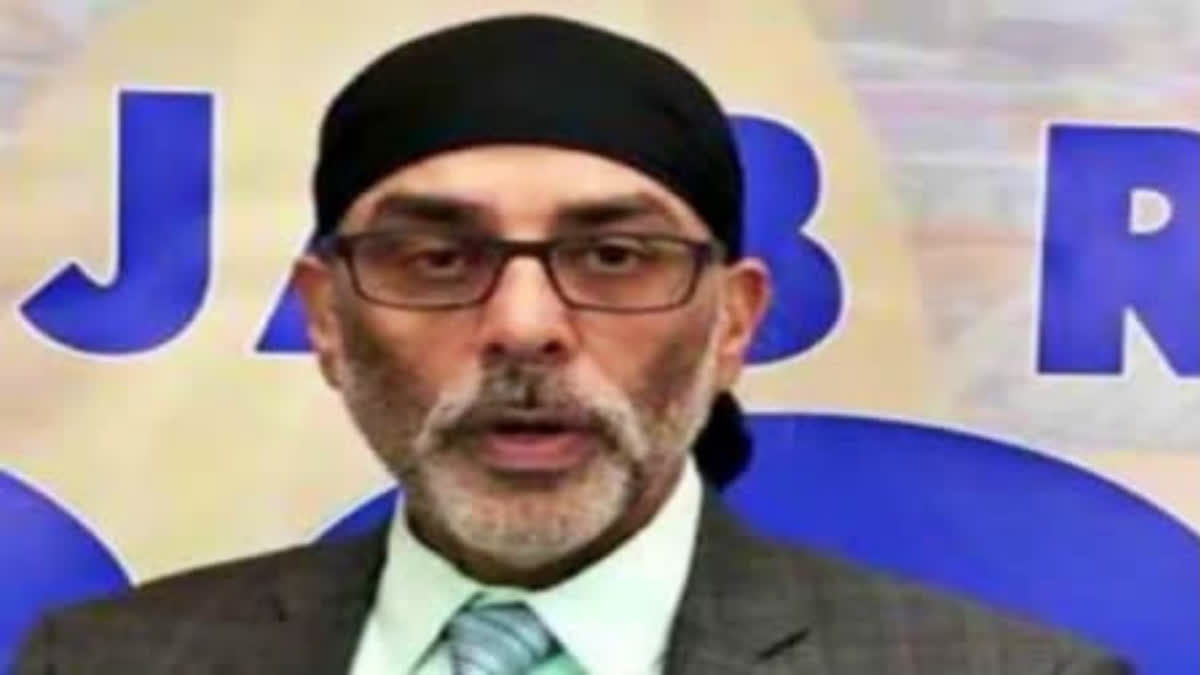New York: The US government has refused to provide "discovery material" after it was asked by a New York court to respond to a motion filed by lawyers of Indian national Nikhil Gupta, named in an alleged plot to assassinate Sikh radical Gurpatwant Singh Pannun.
Gupta's lawyers, while also claiming that their 52-year-old client is facing human rights violations, had sought material, or evidence, relating to the charges against him in a ‘Motion to Compel Production of Discovery’ filed on January 4 in the US District Court, Southern District of New York.
Following this, in an order dated January 8, US District Judge Victor Marrero asked the government to file a reply to the motion within three days of the date of the order. In a response filed with the district court on Wednesday, the US government, while objecting to providing the "materials", said, "the defendant is not entitled to discovery".
“...the government is prepared to produce discovery promptly upon the defendant’s appearance in this District and arraignment on this case. Before then, however, the defendant is not entitled to discovery, and he identifies no good reason for the Court to order it,” federal prosecutors said.
“The government stands ready to provide discovery to him, like any other criminal defendant, promptly upon his appearance and arraignment in this District. His motion to compel discovery should be denied,” US Attorney Damian Williams said. On January 4, defence counsel filed the motion requesting that "the Court enter an order directing the Government to begin providing defence counsel with discovery material".
Gupta's attorney Jeff Chabrowe said in the motion that the "defence materials" are "relevant to its ability to defend the instant charges".In response, the New York court had given the government three days to file a reply to the motion. A motion to compel is a request made to the court to force a party to comply with a discovery request.
It is typically filed by the party seeking the information or evidence, and it asks the court to order the other party to comply with a discovery request that has not been fulfilled. If the motion is granted, the court will typically order the other party to provide the requested information or documents within a specified timeframe.
In addition, the lawyers mentioned in the court documents that Gupta, who was arrested by Czech authorities on June 30, 2023, in response to a request by the US under an extradition treaty, is facing human rights violations while being in custody. The motion stated citing Gupta’s family that they have “limited access” to him, he is not allowed consular access and “faces basic human rights violations in custody in Prague.
In November last year, US prosecutors announced murder-for-hire charges against Gupta for involvement in a foiled plot to assassinate a US citizen allegedly on behalf of an Indian government employee. Gupta has been charged with murder-for-hire, which carries a maximum sentence of 10 years in prison, and conspiracy to commit murder-for-hire, which carries a maximum sentence of 10 years in prison, US Attorney for the Southern District of New York, Matthew G. Olsen, had said.
Read more
- Pannun murder plan: New York Court seeks evidence
- Pannun murder ploy: Accused faces human rights violations while in custody in Prague
